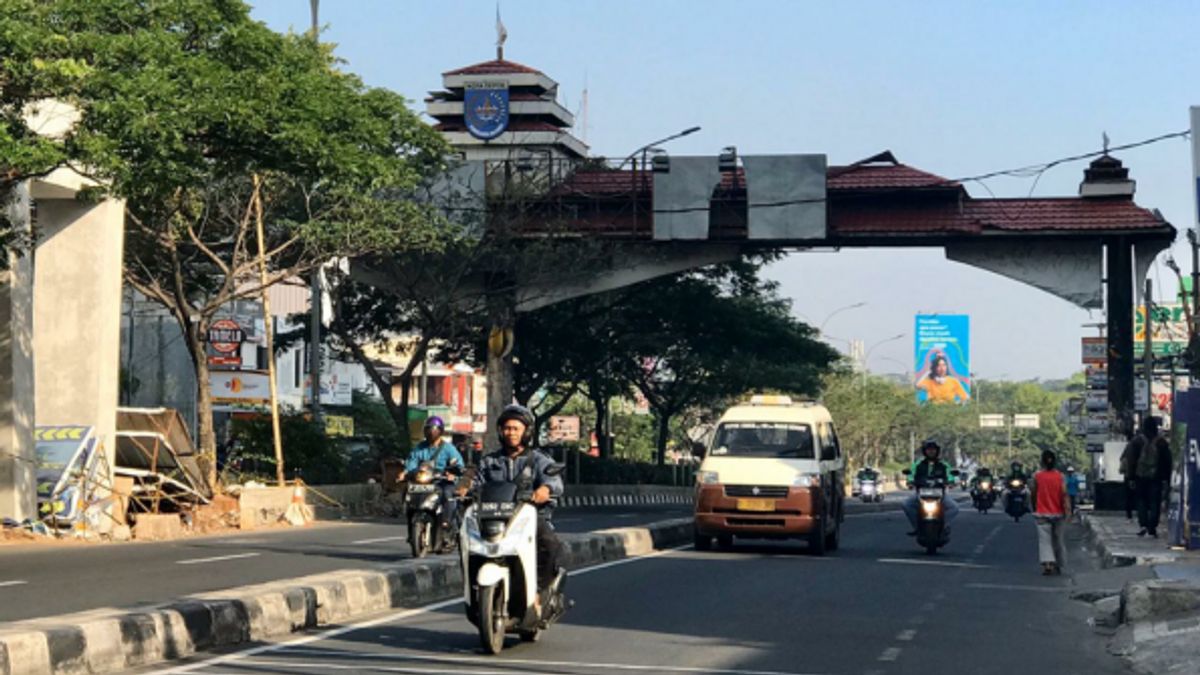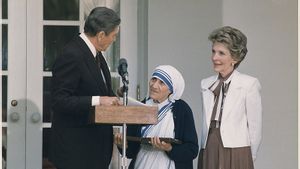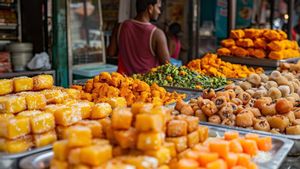DEPOK - A businessman with Dutch nationality, Cornelis Chastelein has had influence in Indonesia since the Company was in this country. Chastelein is a figure behind the history of the emergence of the term 'Dutch Depok'.
In the 16th century, when the Dutch were still in power, he came to Indonesia with a group of Dutch joint venture Verenigde Oostindie Compagnie (VOC). The arrival of the Dutch to Indonesia, including traveling around the world, carried three missions, namely gold (wealth), glory (glory), and gospel (spreading religion).
The background to the term 'Dutch Depok' began when Chastelein felt that he was no longer in line with the VOC because he did not want to get involved in politics. The VOI team received a story from a resident of 'Dutch Depok' descent named Abraham Jonathans.
Abraham said this story began in the 17th century when Chastelein, who was an entrepreneur, chose to focus on developing agriculture and plantations. He then bought thousands of hectares of land in Depok Lama, Depok, West Java.
"His land is in the Old Depok area. The northern boundary is in Margo City, south at Ratu Jaya Citayam, the eastern boundary is on the Panus Bridge, Ciliwung River, while the West is in Depok One. The land is pegged with monuments," Abraham said during a VOI conversation. , some time ago.
Chastelein needs people to manage the land. He brought 150 slaves from eastern Indonesia, such as Bali, Bugis (Makassar), to Timor.
To them, Chastelein offered ownership of parts of his land under the provisions of the gospel mission (spread of religion).
"People from East Indonesia were offered by him (Chastelein), if they want to get their land, they must convert to Christianity. Some want it, some don't. Those who want to convert to Christianity include my ancestors," Abraham explained.
After Chastelein died in 1714, religious leaders in Depok formed 12 clans. They got land that was divided evenly. These clans are Bacas, Isakh, Jonathans, Jacob, Joseph, Loen, Laurens, Leander, Tholense, Soedira, Samuel, and Zadokh.
Abraham is the eighth descendant of the Jonathans clan. In Depok, Abraham owns a land area of 1.5 hectares. Previously, his family owned more land than that. Time has passed, the land has been sold to several parties, including the Depok City Government.

Glory leads to teasing
Abraham said that what Chastelein followers called 'Dutch Depok' had its own sentiments for the natives at that time.
"In the past, Dutch Depok was indeed an elite class, different from the natives. We use Dutch and can enter Dutch schools in Indonesia," said Abraham.
During the independence period, when the Dutch had to leave Indonesia, the existence of the Dutch citizens of Depok was threatened. They were considered as Dutch stooges and betrayed the revolution by the freedom fighters.
Many Depok Dutch citizens were evicted and killed. Their property was plundered, including the land that was inherited by Chastelein. The split was called the Gedoran Depok war.
"During the Gedoran Depok war, these easterners were all landlords. During the war, their property was looted. The natives thought we were pro-Dutch colonialists, but we weren't really, we were born in Indonesia. There are many suspicions," said Abraham.
The split between the natives and the Dutch citizens of Depok has left a feeling of sentiment after Indonesia's independence until today. "In the past, Dutch Depok was exclusive to the native people. So, now if we are still called Dutch Depok, it seems like being teased," Abraham concluded with laughter.
The English, Chinese, Japanese, Arabic, and French versions are automatically generated by the AI. So there may still be inaccuracies in translating, please always see Indonesian as our main language. (system supported by DigitalSiber.id)








